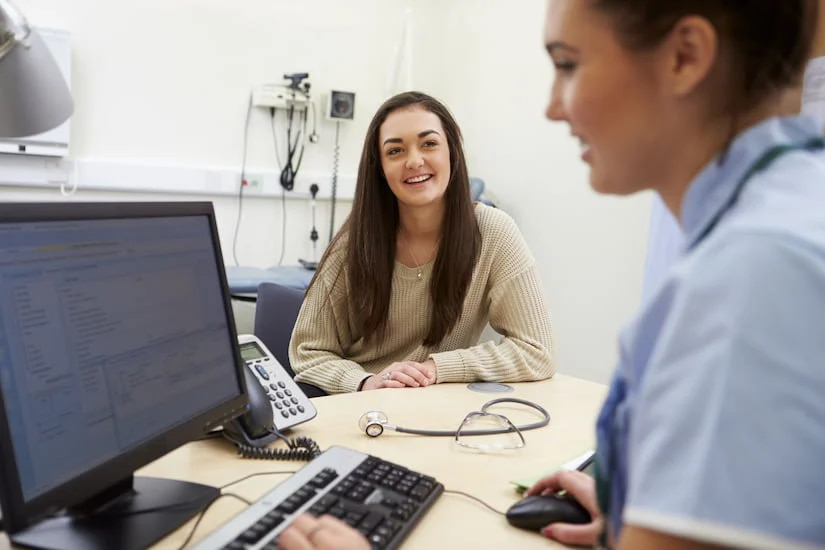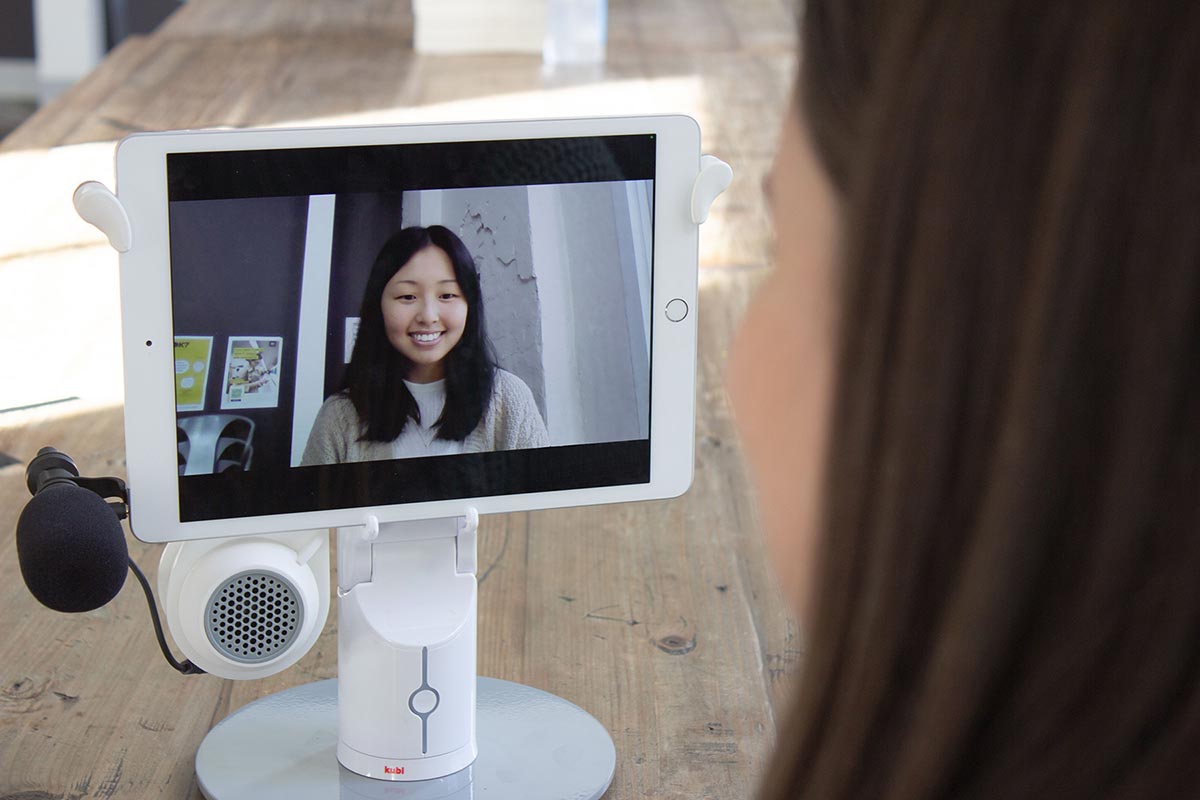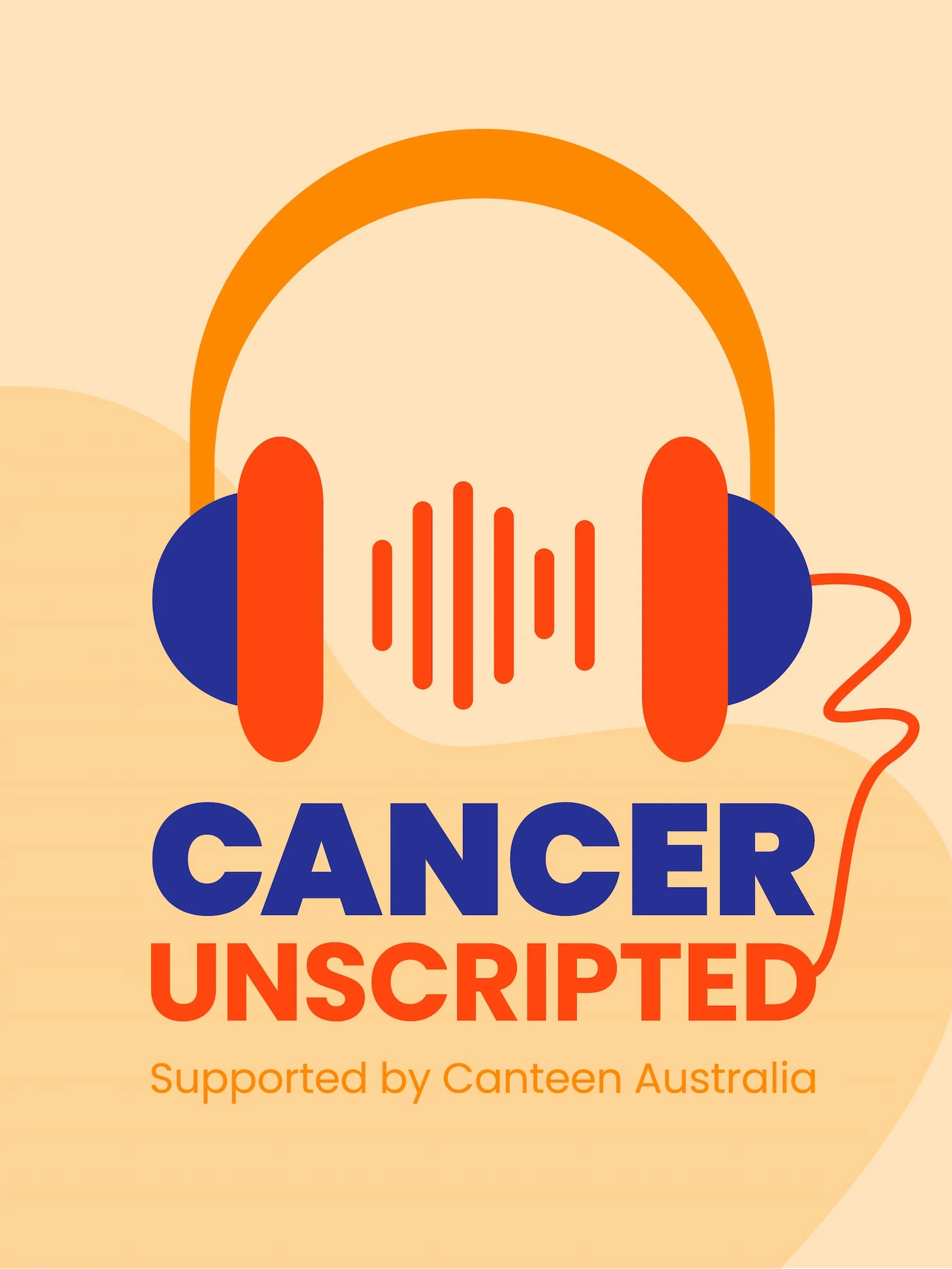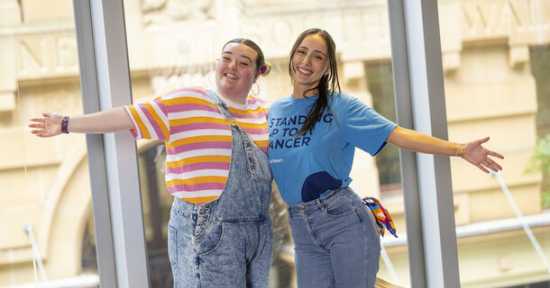What is skin cancer?
The skin is the largest organ in the body. Skin cancer occurs when abnormal cells grow in the top layer of the skin (the epidermis).
Australia has one of the highest rate of skin cancer in the world. Most skin cancers are caused by exposure to sun’s ultraviolet rays.

Specialist treatment and support for young people diagnosed with skin cancer
Specialist treatment and support for young people with cancer aged 15-25 is provided by the Youth Cancer Services (YCS) based in major hospitals throughout Australia. Canteen also offers events and other support for young people with cancer.
Types of skin cancer
There are three main types of skin cancer, each named after the type of skin cell in the epidermis in which they start:
- Basal cell carcinoma
- Squamous cell carcinoma
- Melanoma
Basal cell carcinoma and squamous cell carcinoma are known as non-melanoma skin cancers, or keratinocyte cancers. Non-melanoma skin cancers are the most common type of cancer diagnosed in Australia.
Basal cell carcinoma (BCC)
BCC starts in the basal cells of the epidermis. It is the most common type but least dangerous type of skin cancer, accounting for about two-thirds of cases. It tends to grow slowly and doesn’t spread.
Squamous cell carcinoma (SCC)
SCC starts in the squamous cells, which are flat cells near the surface of the skin. It accounts for about a third of non-melanoma skin cancers. If untreated, SCC can grow deeper into the skin and spread to other parts of the body.
Melanoma
Melanoma starts from melanocytes, the cells in the skin that produce melanin, which colours (pigments) the skin. Melanoma is the rarest type of skin cancer but the most serious. It can spread (metastasise) very quickly throughout the body if not treated.
Melanoma is one of the most common cancers diagnosed in Australia in all age groups, but the most common cancer diagnosed in adolescents and young adults.

When cancer’s in your life, Canteen is in your corner.
Cancer affects everyone differently. That’s why Canteen provides a wide range of support services to help you overcome the specific challenges you’re dealing with.
Whether you’re dealing with your parent’s cancer, a brother or sister’s cancer or your own diagnosis, we have got your back. We also have newer services specifically for parents too.













